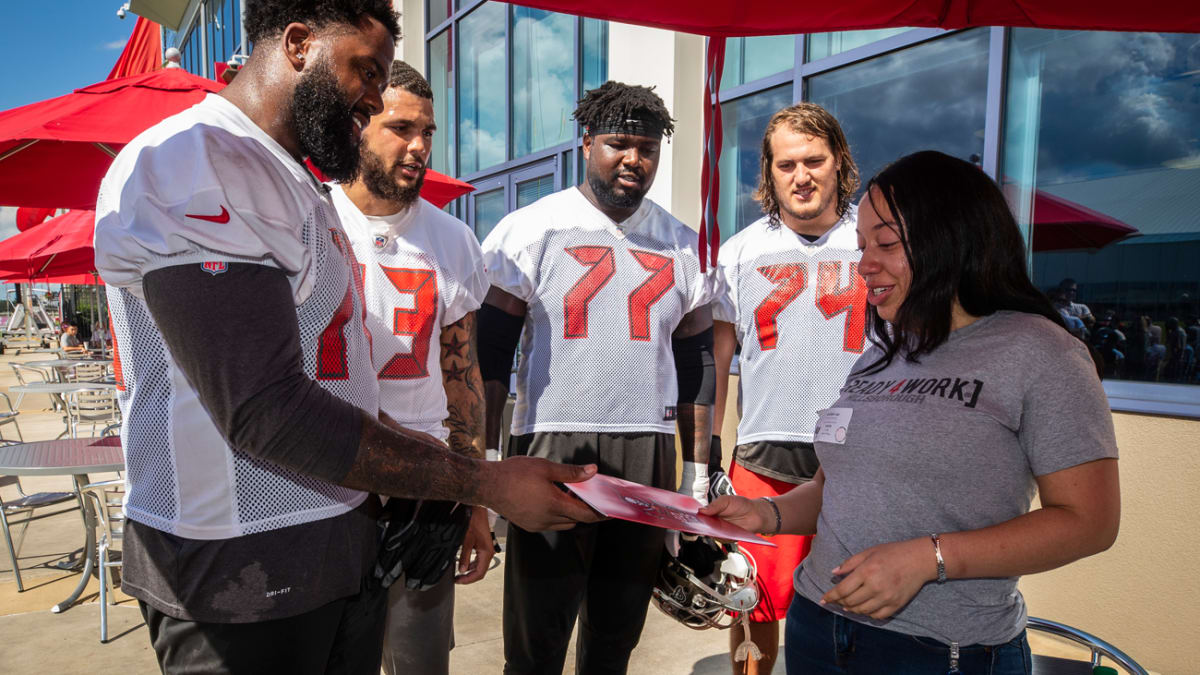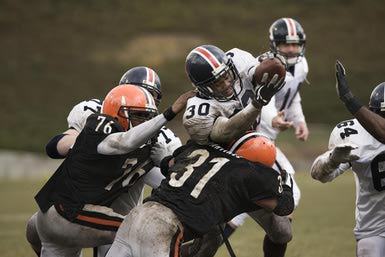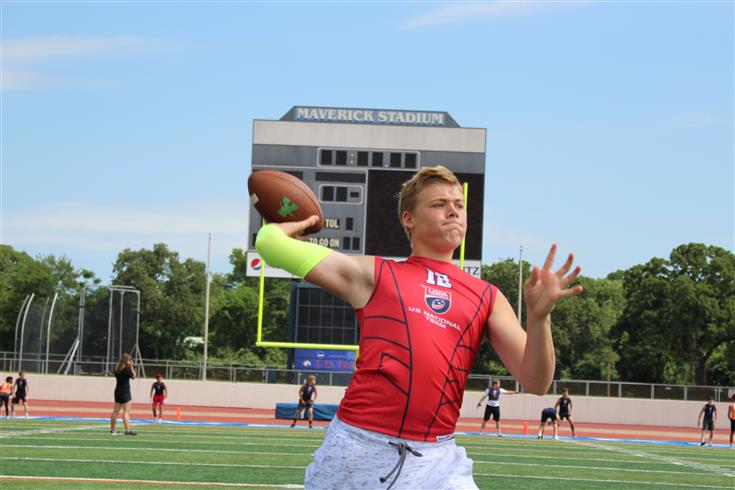Football coaching strategies play a crucial role in enhancing your team’s performance. Effective coaching involves not only technical and tactical training but also building a cohesive and motivated team. Here are some essential tips to help you improve your team’s performance using proven football coaching strategies.
Focus on Fundamentals
First and foremost, ensure your players have a strong grasp of the fundamentals. Emphasize basic skills such as passing, shooting, dribbling, and defending. Regular drills and exercises that reinforce these skills are essential. A solid foundation in the basics allows players to execute more complex strategies effectively.
Develop a Game Plan
Secondly, having a clear game plan is vital. Analyze your team’s strengths and weaknesses, and develop strategies that play to your strengths while addressing your weaknesses. Consider the opposition’s tactics and adjust your game plan accordingly. A well-thought-out game plan gives your team a clear direction and improves their chances of success.

Foster Team Communication
Thirdly, good communication is key to any successful team. Encourage open and honest communication among your players. Use team meetings, training sessions, and games to emphasize the importance of clear and effective communication on and off the field. Players who communicate well can coordinate better, leading to improved performance.
Encourage Teamwork
Fourthly, promote a culture of teamwork and collaboration. Emphasize that football is a team sport, and success depends on the collective effort of all players. Use team-building activities and exercises to strengthen the bond among players. When players work well together, they perform better as a unit.
Focus on Fitness
Furthermore, physical fitness is crucial in football. Ensure your players are in top physical condition by incorporating fitness training into your coaching regimen. Include exercises that improve stamina, strength, speed, and agility. A fit team can maintain high performance levels throughout the game and recover quickly between matches.
Utilize Video Analysis
Use video analysis to review games and training sessions. Analyze your team’s performance, identify areas for improvement, and provide constructive feedback to your players. Video analysis allows you to see things you might miss during live action and helps players understand their strengths and weaknesses better.
Adaptability and Flexibility
Football games can be unpredictable, so it’s important to be adaptable. Teach your players to be flexible and adjust their tactics as needed during a game. Develop contingency plans and practice different scenarios in training sessions. A team that can adapt quickly to changing situations is more likely to succeed.
Positive Reinforcement
Use positive reinforcement to motivate your players. Acknowledge and reward good performance, effort, and attitude. Constructive criticism should be balanced with positive feedback to keep players motivated and confident. Positive reinforcement builds a supportive environment where players feel valued and encouraged to perform their best.
Build Mental Toughness
Mental toughness is as important as physical fitness. Help your players develop resilience and a strong mindset. More so, use mental training techniques such as visualization, goal setting, and stress management. Mentally tough players can handle pressure better and maintain focus during critical moments.
Continuous Learning and Improvement
Finally, encourage a culture of continuous learning and improvement. Stay updated with the latest coaching techniques, attend coaching seminars, and learn from other successful coaches. Encourage your players to keep improving their skills and knowledge. More so, a commitment to continuous improvement leads to long-term success.
Conclusion
In conclusion, implementing these football coaching strategies can significantly improve your team’s performance. By focusing on fundamentals, developing a game plan, fostering communication and teamwork, prioritizing fitness, utilizing video analysis, being adaptable, using positive reinforcement, building mental toughness, and promoting continuous learning, you can create a strong, cohesive, and successful team. Remember, the key to effective coaching is a combination of technical knowledge, leadership, and the ability to inspire and motivate your players.




